Black Visual Arts Grant
Art reflects the culture of the times across every dimension. The famous works of Leonardo da Vinci’s Vitruvian Man, Michelangelo’s Sistine Chapel ceiling, Picasso’s Guernica, and Shepard Fairey’s Hope are visual narratives of science, religion, war, and politics respectively.
To learn about new cultures, we visit their artwork and architecture and learn through the eyes of artists. However, as with the examples listed above, we are disproportionately learning through the eyes of white artists. Williams College recently conducted a study on the diversity of artist collections in US museums and revealed 85% of the artists are white, while only 1.2% are Black.
Black artists aren’t only underrepresented throughout history. Today, 8% of visual artists are Black, while only 4% of art graduates are Black. Art, as we know it, does not provide comprehensive cultural narrative until it includes more Black artists.
This grant is for a Black student pursuing an undergraduate or graduate degree in studio and/or visual arts.
Through a short essay and portfolio submission, please share how your work as a visual artist intersects with culture.
Winners and Finalists
January 2021
Winning Application

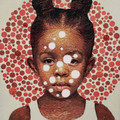
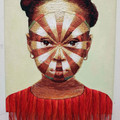

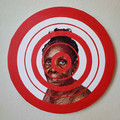


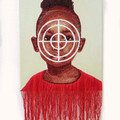
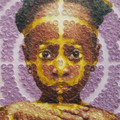
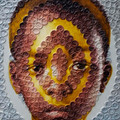
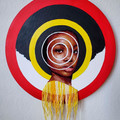
Explore All Kinds of Scholarships for All Kinds of Students
FAQ
The application deadline is Dec 15, 2020. Winners will be announced on Jan 31, 2021.
Your privacy is a top priority on the Bold.org platform, and you can find our privacy policy in full here. You may opt out of communications from Bold.org at any time, and unless we’ve first notified you and gotten your consent, you’ll never receive communication from any third parties related to personal information you give us.
Award amounts per winner are designated by the donor. Check the award amount for a detailed breakdown.
The winner will be publicly announced on Jan 31, 2021. Prior to the announcement date, we may contact finalists with additional questions about their application. We will work with donors to review all applications according to the scholarship criteria. Winners will be chosen based on the merit of their application.
Award checks will be sent to the financial aid office of the winner's academic institution in their name to be applied to their tuition, and in the name of their institution (depending on the school's requirements). If the award is for a qualified educational non-tuition expense, we will work with the winner directly to distribute the award and make sure it goes towards qualified expenses.
Before we award the scholarship, the winner will be required to confirm their academic enrollment status. Depending on the circumstances, verification of Student ID and/or their most recent transcript will be required.
If you have any questions about this scholarship or the Bold.org platform, just email contact@bold.org and we’ll get back to you as quickly as we can.
Yes. The terms and conditions for this scholarship can be found here.
